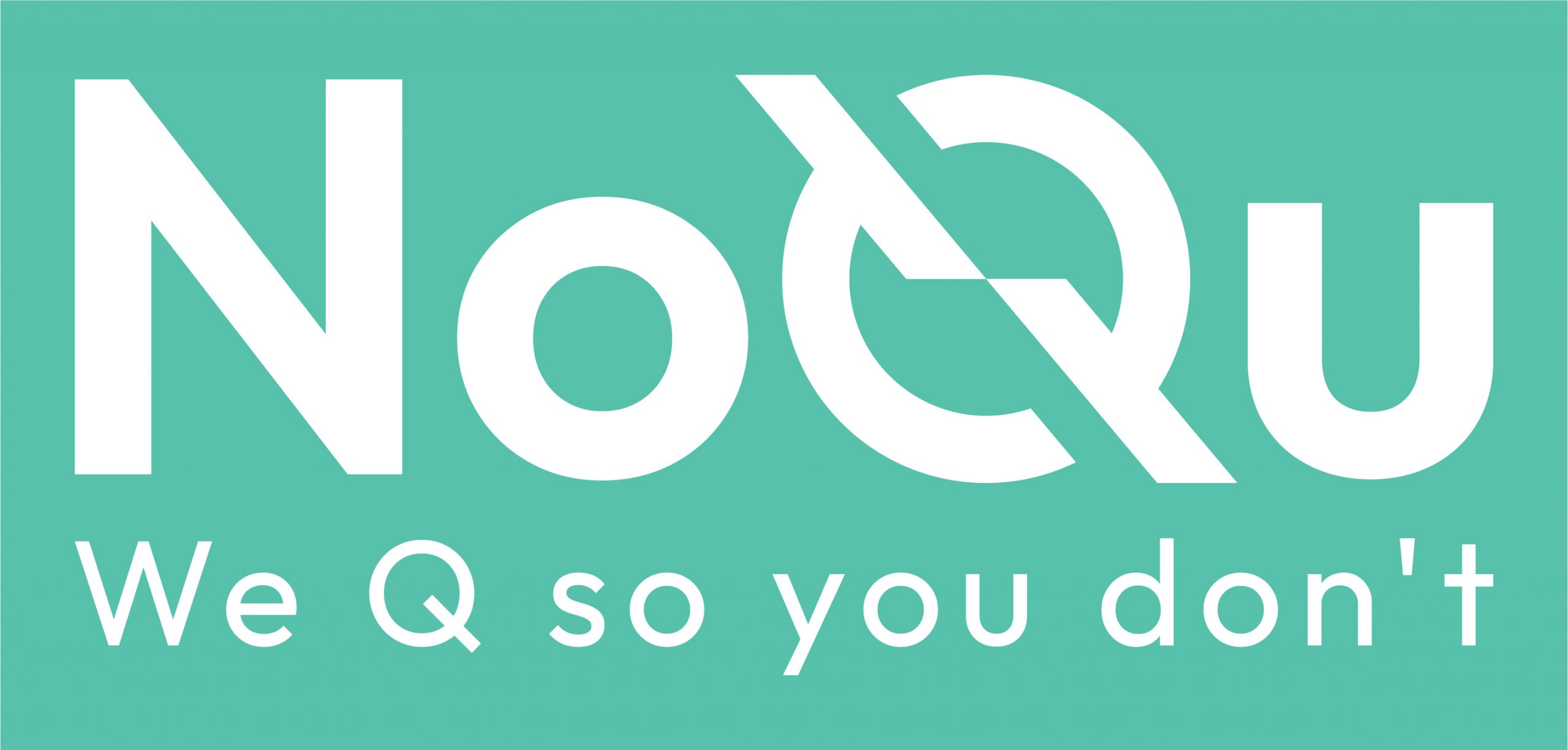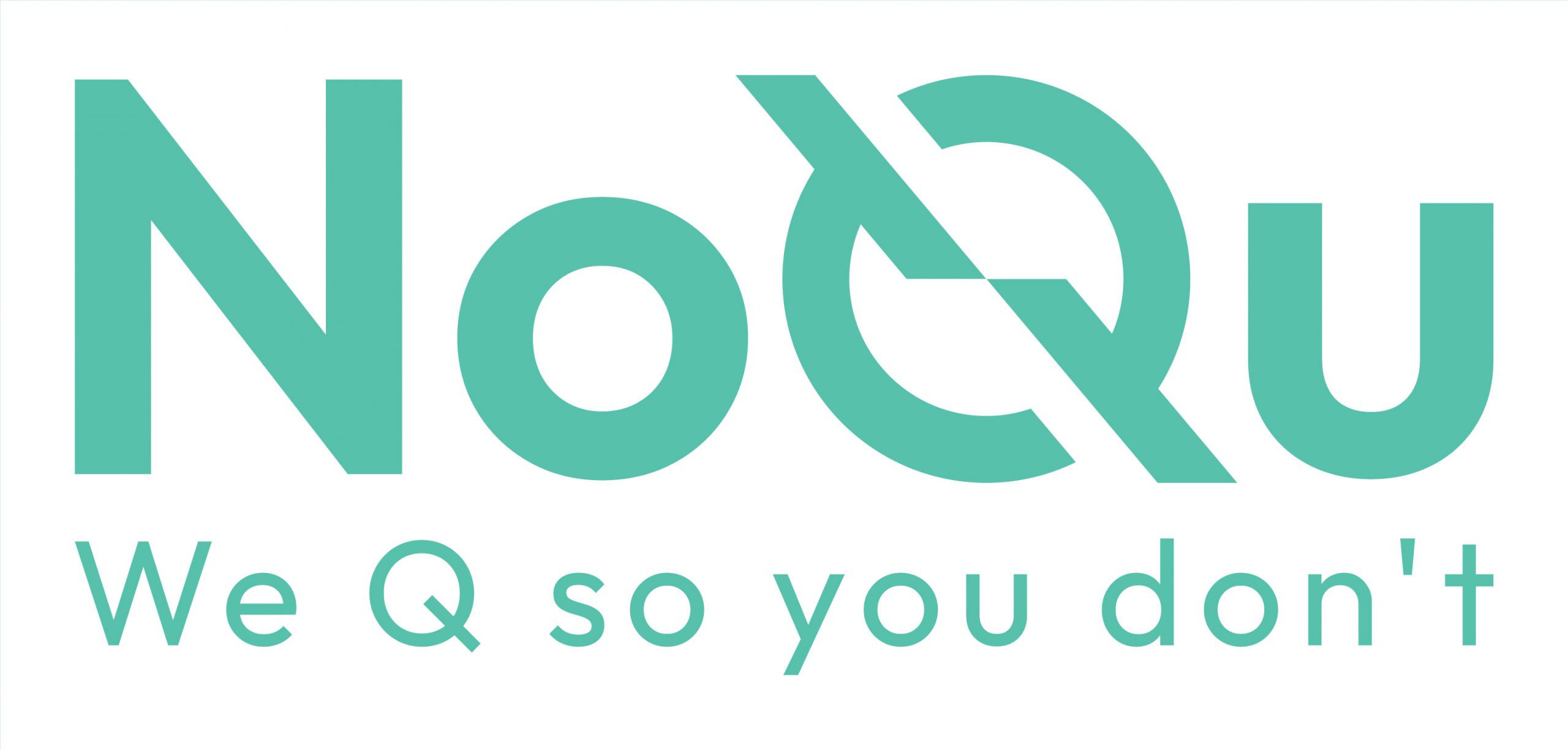I can see you there, cradling the phone between your ear and shoulder, an irritated grimace adorning your face, your fingers flying across the calculator and keyboard as the dreaded hold music drones on. Sound familiar?
Well, you’re not alone.
This is a scene enacted in accounting firms across the country, perhaps even as we speak.
It’s a fact of our trade: the inevitable and painfully protracted on-hold sessions with HMRC.
But here’s the million-pound question: Can we really work efficiently while awaiting our turn on the HMRC hotline? Can we juggle, with deftness and dexterity, the pressing demands of our job while straining to hear that human voice amid the monotonous hold music?
Some among us might nod in the affirmative, arguing that we’ve mastered the art of multitasking. But I hate to break it to you — the research suggests otherwise.
So, let’s deep-dive into this conundrum, drawing on various studies, neuroscientific insights, and yes, our own exasperating experiences.
We’ll tackle the pressing questions:
- Does being on hold affect our concentration?
- Can we ethically bill a client for the time spent in telephonic limbo?
- And more importantly, is there a way out of this productivity pitfall?
Research on the Effects of Being On Hold
You’re there with me, aren’t you? Sat at your desk, the incessant hold music hammering at your eardrums, as you try your best to balance the quarterly report on one hand, and the fading hope of hearing a human voice on the other. Well, it turns out that our collective frustration with being put on hold isn’t merely a result of our impatience or intolerance for bad music. It’s science!
Numerous studies conducted on this very experience tell a clear story: Being on hold is more than just an annoyance. It’s a significant distraction and a real drain on our cognitive resources.
The general consensus? Being on hold is quite the nemesis of concentration.
See also: 6 Incredible time-saving tips for accountants
The 5 Most Detrimental Effects of Being On Hold
It’s worse than you might think!
1. Frustration and Irritation
It begins with a mild twitch of irritation. A furrowed brow here, a huffed sigh there. But as the minutes crawl by, that irritation balloons into outright frustration. And believe it or not, this frustration is more than just a minor inconvenience. It’s a productivity thief, robbing us of our ability to focus and engage with our work effectively.
2. Cognitive Load
Enter the term ‘cognitive load’. In layman’s terms, it’s the total amount of mental effort being used in our working memory. Now, mix the repetitive hold music and recurring automated messages with the complex calculations and financial planning you’re trying to do. It’s a recipe for cognitive overload, which leaves little room for focusing on the task at hand.
3. Time Perception
Remember how time seemed to crawl when you were waiting for your turn at the dentist’s? Well, the same warped sense of time kicks in while you’re on hold. Uncertainty, paired with an increasing sense of agitation, warps our perception of time. The call demands more and more of our attention, leaving other tasks in the cold.
4. Negative Emotions
Beyond the ticking clock and rising frustration, being on hold triggers a wave of negative emotions. Impatience, annoyance, even anger — all these can render any attempt to focus on another task a futile endeavour.
5. Debunking the Myth of Multi-tasking
As if this weren’t bad enough, let’s throw a spanner in the works: Neurological scientists have demonstrated that the human brain is incapable of focusing on two things at once.
That’s right — if you’re on hold, you simply cannot concentrate fully on another task. It’s not a matter of skill, but a fundamental limitation of our brain.
The evidence is clear.
Juggling an on-hold call and work tasks is not a test of our multitasking prowess, but a losing battle against our brain’s intrinsic capabilities.
But don’t despair, there is a light at the end of this on-hold tunnel.
Ethical Implications and Billing Challenges
It’s a given in our profession: Time is money.
But let’s face it, billing a client for the time spent being serenaded by the monotonous tunes of the HMRC hold music? That’s a hard sell, and rightly so.
No client should be charged for the time that we spend suspended in telephonic limbo. It simply isn’t ethical.
And what about the conundrum of billing a second client while on hold for a first one?
Picture this: you’re navigating the labyrinthine automated menu of HMRC for client A when client B’s ledger needs immediate attention.
Do you bill client B for the time spent multitasking? Or worse, do you charge client A for time you spend working on client B’s accounts?
It’s a sticky situation, isn’t it? And one that’s best avoided.
NoQu: The Solution for Efficient Work
Thankfully, there’s a hero in our story.
Meet NoQu, your very own knight in shining armour.
Designed to liberate you from the shackles of hold music, NoQu offers a solution that helps us work more effectively.
It’s your ticket out of the HMRC hold queue and back to the tasks that matter most.
Rather than languishing on hold, you can hang up and NoQu will call you back when your turn arrives. It’s as simple as that.
This ingenious feature frees up valuable time and brainpower, allowing us to focus our full attention on our clients’ needs without interruption.
But the real icing on the cake is the return on investment you’ll get with NoQu.
For a small charge to NoQu for the callback, you can continue to fairly bill your client for the work done during this time.
Your clients are happy, you’re even happier when you’re not subjected to repetitive hold music, and your bottom line? Well, it’s never looked better.
Wrapping It All Up
So, can you really work efficiently while on hold to HMRC? It seems the answer, backed by a heap of research, is a resounding ‘no’.
The cognitive drain, the brewing frustration, the warped sense of time – they all conspire to yank our focus away from the tasks we need to attend to.
Yet, being accountants, we’re in the solutions business, aren’t we?
And with NoQu, we’ve found a remarkable solution to this nagging problem. Instead of battling against the tide of on-hold inconveniences, we’re choosing to circumvent them entirely.
In the end, it’s about working smarter, not harder. It’s about recognising the value of your time and the ethics of your billing. As accountants, you juggle numbers daily. Now, you can finally set aside the juggling of phone calls.
Remember, our ability to adapt and find solutions defines us, not the challenges we face. So let’s say ‘no’ to the hold music and ‘yes’ to efficient, ethical work.
Because that’s what being a true professional is all about.



